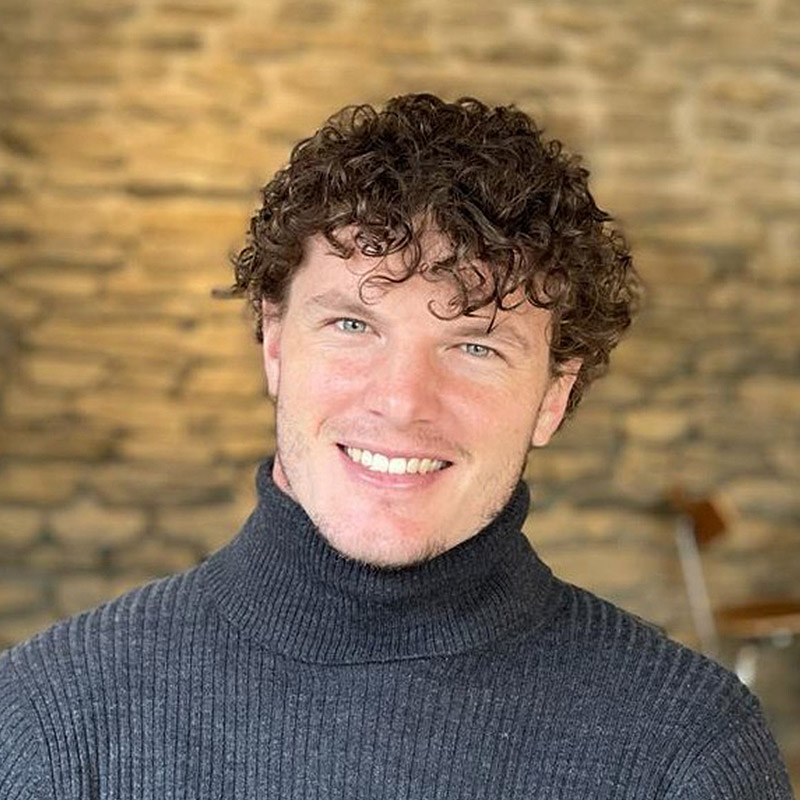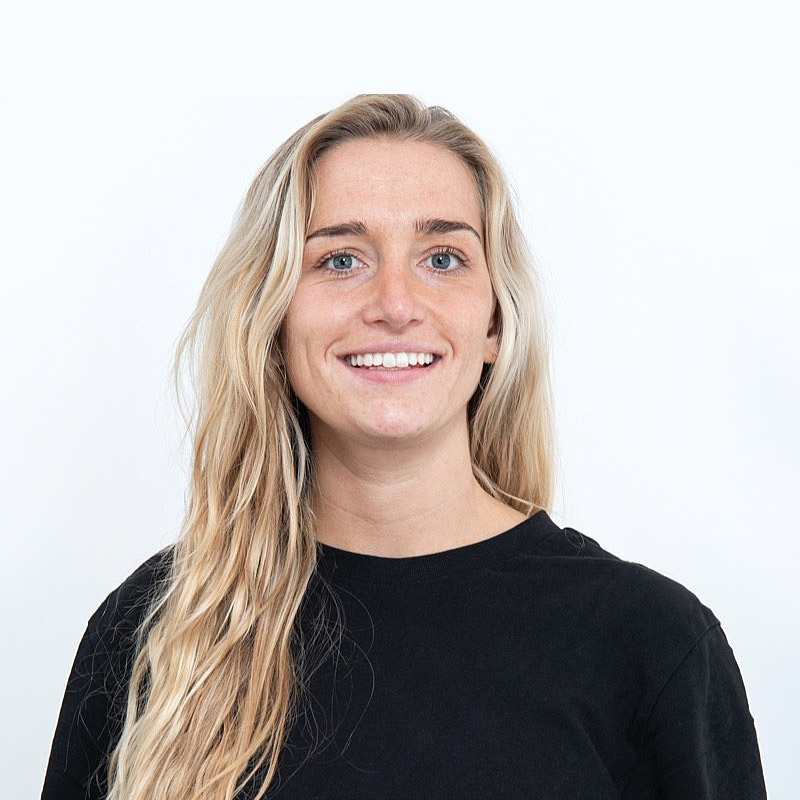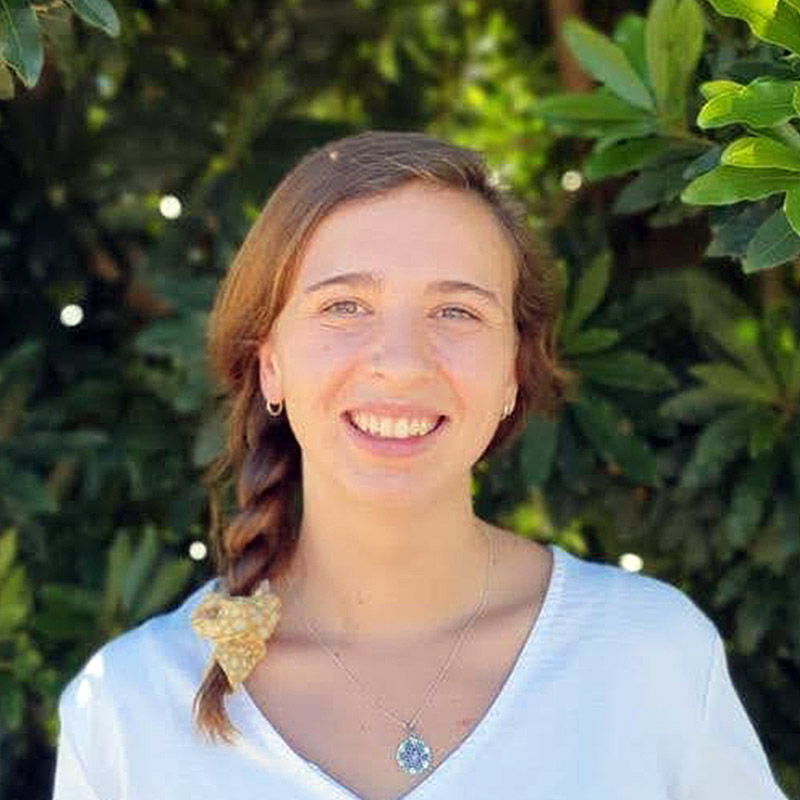The Language of the Mind
How to run your brain through neuro-linguistic-programming.
The language of your mind determines how you experience your world.
“A musician must make music, an artist must paint, a poet must write, if he is to be ultimately at peace with himself. What a man can be, he must be.”
Abraham Maslow
About the Course
Firstly through our nervous system (neuro), we experience life through our five senses – visual, auditory, kinesthetic, olfactory and gustatory. This begins our “mapping” of the world out there.
Then linguistically (linguistic) we further symbolically map the territory by means of our higher cortical functions in the brain which enables us to use symbols and language, resulting in stories, poetry, narrative, music, mathematics etc.
Lastly, the processes (programming) we use to order and sequence our mapping generate strategies for functioning and result in our skills, abilities and habits in how we communicate, work, relate, and ultimately live.
As we represent things to ourselves on the inner screen of consciousness which we call “thinking”, so we signal our bodies. This then puts us in a state – that is,in a mind-body state of consciousness. The Language of the Mind is a practical course on how to run your own brain.
Origins of the course:
Neuro-linguistic-programming emerged as a modelling project of Fritz Perls (gestalt psychology), Virginia Satir (family systems therapies) and later Milton Erickson (trance and hypnosis therapy).
The project started with Richard Bandler, a young college student finding his genius in imitating their language patterns, and John Grinder, a professor in Linguistics modelling the structure of the therapeutic interventions.
The Tools:
The tools used for modelling are based on the premises of Cognitive-Behavior-Psychology (TOTE model). As Bandler and Grinder modelled from different psychological schools, they grounded their modelling in the tools of Cognitive Psychology. They began using the tools of Transformational Grammar from Noam Chomsky who is credited in part with the launching of the Cognitive Revolution in psychology.
What you need to know
How do I sign up?
You can apply by clicking on this link and completing the form below. Once you have been approved we will send you a confirmation an initiate your sign up process.
Where will this course be hosted?
When is the next course available?
What is the cost of this course?
Only R8 000 Once Off.
– or –
3 x Monthly Installments of R3 000.
What our students say

Christine van Hees, Actress and Voice Coach.

This course helped me as an individual to identity patterns within myself that results into unrsourcefull thoughts and states. This enabled me to shift myself into more resourceful states.
As a coach this course has given me tools to build better trust with my clients and implement change to achieve their desired outcomes.”
Pierre le Roux, Life Coach

I have gained a deeper understanding of the NLP presuppositions and how to use them in an impactful way on a personal level as well as on a professional level to help myself and others to achieve desired outcomes.
Furthermore, the lessons enabled me to listen in an even more deep and profound way to others and myself. I can definitely recommend this course to everyone who is willing to take a journey to further self development.”
Francesca Semer, Postgraduate Social Worker

After learning about The Language of the Mind I realised that the magic of people can be revealed at any point, that it’s not only with some people or sometimes. It can happen intentionally on how you allow each other to be through listening and through words.
This course has been a game changer in how I’ve been able to assist my clients. As a speech therapist, it’s allowed me to help them understand themselves better within therapy and has enhanced their experience beyond the the therapy sessions. Through the strategies of the language of their mind they’ve been able to observe each moment and find the meaning we all carry in our eyes.
Everyone is a open book, and this course helps me to explore each unique story within every person.”

